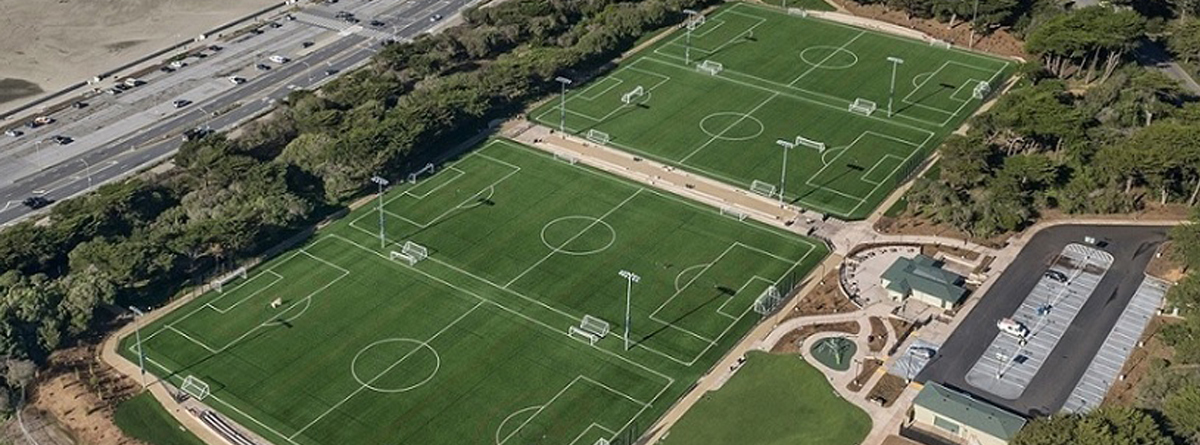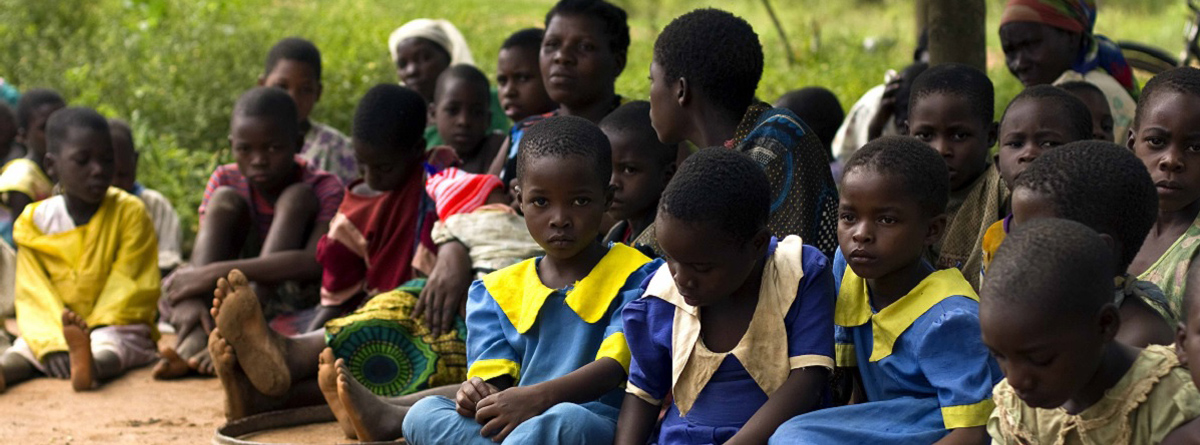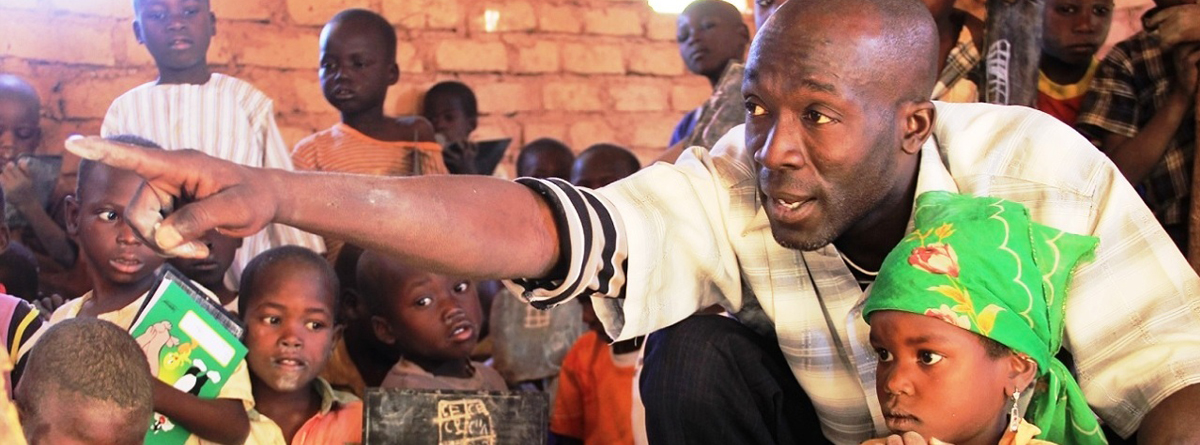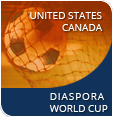
The Diaspora
World Cup
World Cup
|
|
South Africa
New York – Newark
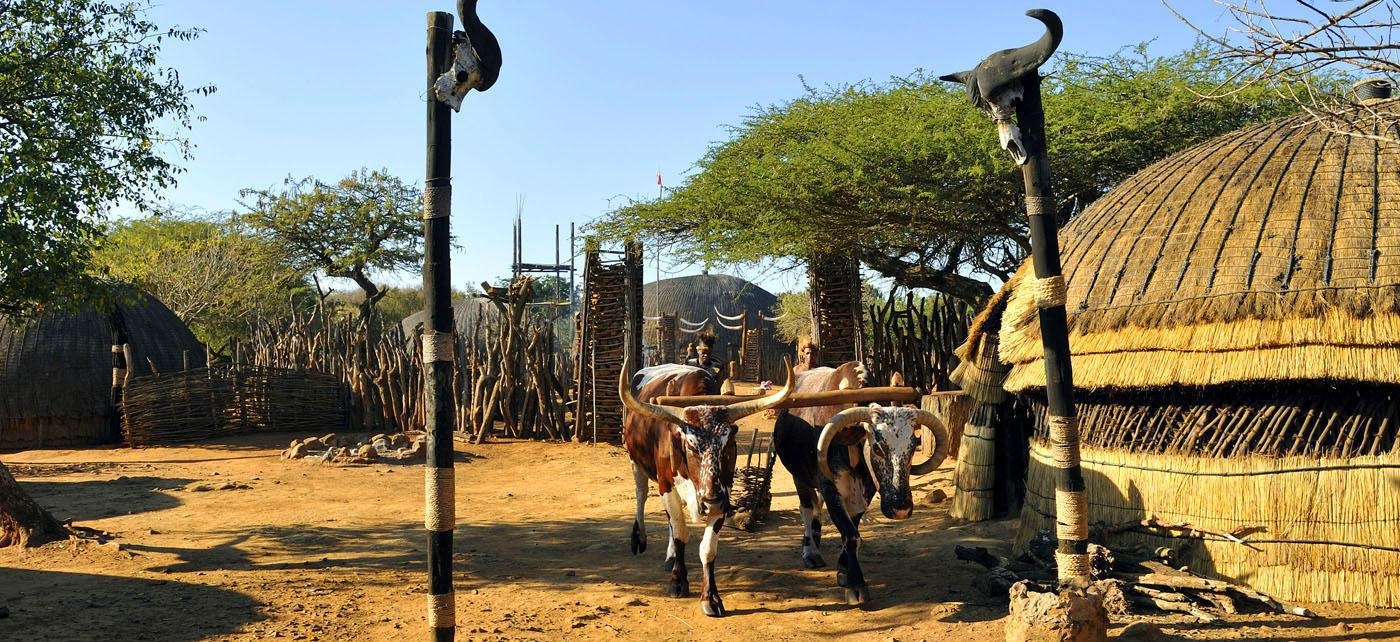
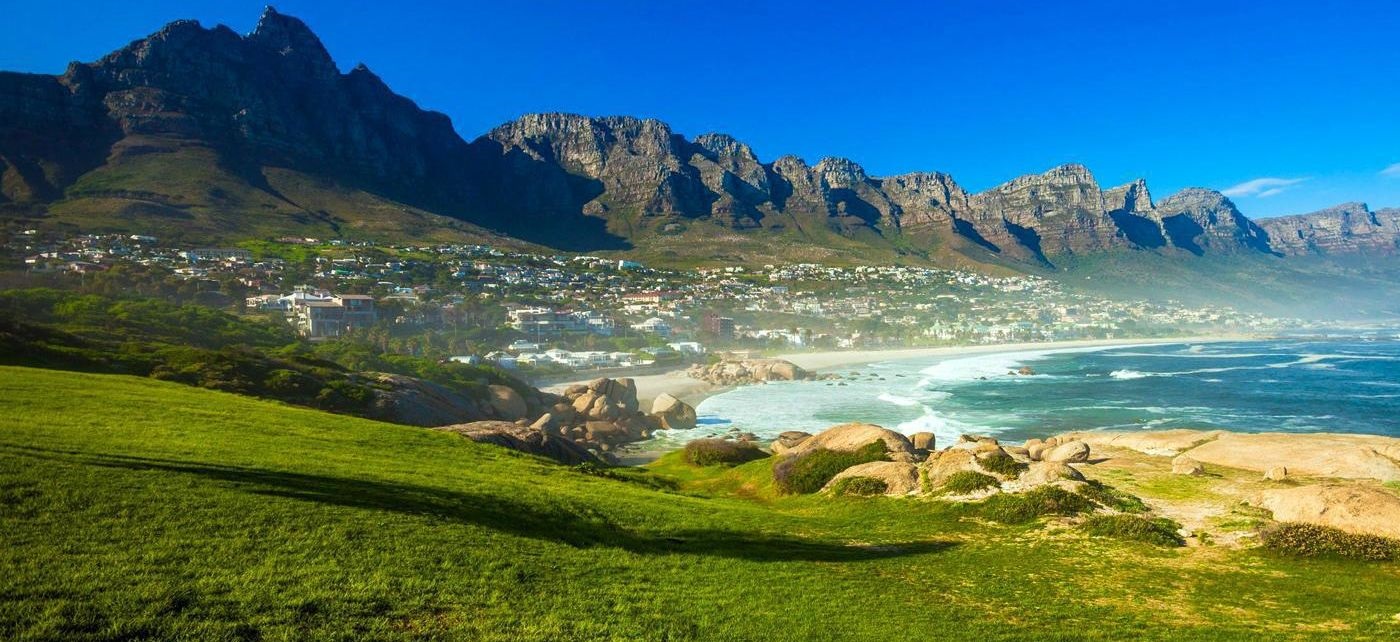
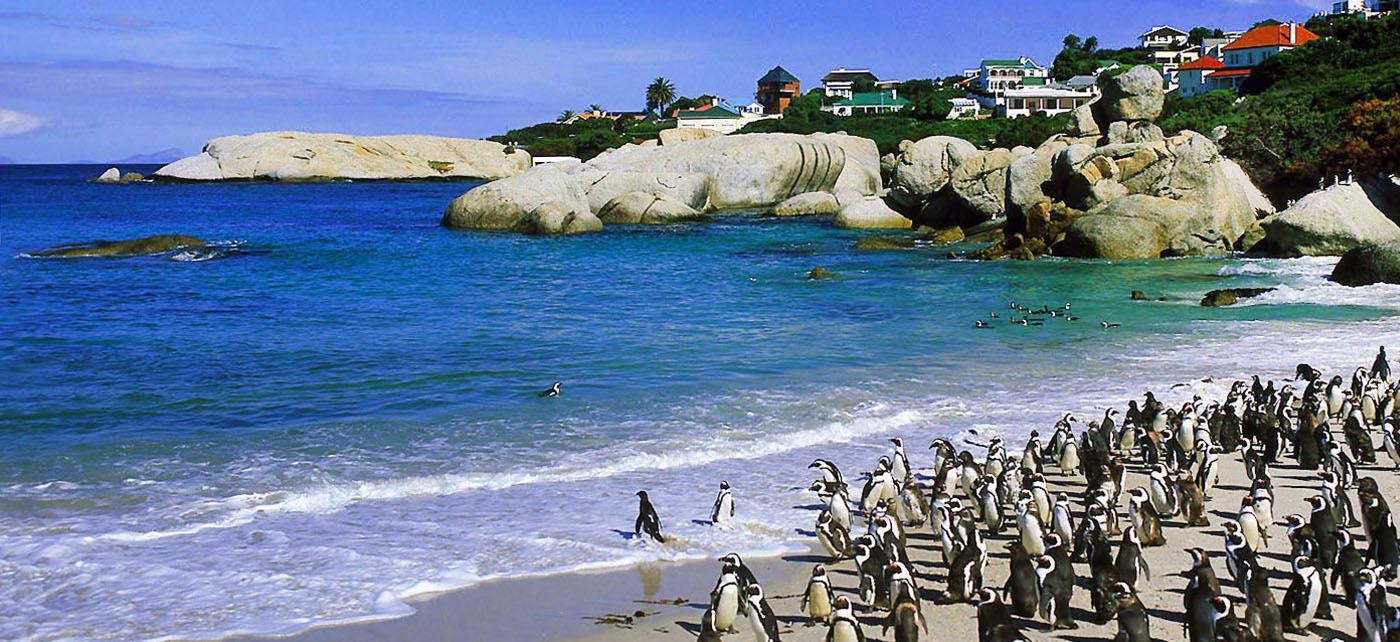
Perfil
The Republic of South Africa is a state in southern Africa. Located at the southern tip of Africa, it is divided into nine provinces, with 2,798 kilometers (1,739 mi) on the Atlantic and Indian oceans. To the north of the country lie the neighboring territories of Namibia, Botswana and Zimbabwe; to the east are Mozambique and Swaziland; while Lesotho is an enclave surrounded by South African territory.
South Africa is multi-ethnic and has diverse cultures and languages. Eleven official languages are recognized in the constitution. Two of these languages are of European origin: Afrikaans, a language which originated mainly from Dutch that is spoken by the majority of white and Colored South Africans, and South African English. Though English is commonly used in public and commercial life, it is only the fifth most-spoken home language. All ethnic and language groups have political representation in the country's constitutional democracy comprising a parliamentary republic; unlike most parliamentary republics, the positions of head of state and head of government are merged in a parliament-dependent President.
Settlements of Bantu-speaking peoples, who were iron-using agriculturists and herdsmen, were already present south of the Limpopo River by the fourth or fifth century CE. They displaced, conquered and absorbed the original Khoisan speakers, the Khoikhoi and San peoples. The Bantu slowly moved south. The earliest ironworks in modern-day KwaZulu-Natal Province are believed to date from around 1050. The southernmost group was the Xhosa people, whose language incorporates certain linguistic traits from the earlier Khoisan people. The Xhosa reached the Great Fish River, in today's Eastern Cape Province. As they migrated, these larger Iron Age populations displaced or assimilated earlier peoples, who often had hunter-gatherer societies.
Modern humans have inhabited Southern Africa for at least 170,000 years. At the time of European contact, the dominant indigenous peoples were Bantu-speaking peoples who had migrated from other parts of Africa about one thousand years before. The two major historic groups were the Xhosa and Zulu peoples.
South Africa is a parliamentary republic, although unlike most such republics the President is both head of state and head of government, and depends for his tenure on the confidence of Parliament. The executive, legislature and judiciary are all subject to the supremacy of the Constitution, and the superior courts have the power to strike down executive actions and acts of Parliament if they are unconstitutional.
The oldest art objects in the world were discovered in a South African cave. Dating from 75,000 years ago, these small drilled snail shells could have no other function than to have been strung on a string as a necklace. South Africa was one of the cradles of the human species. One of the defining characteristics of our species is the making of art. The scattered tribes of Khoisan peoples moving into South Africa from around 10000 BC had their own fluent art styles seen today in a multitude of cave paintings. They were superseded by Bantu/Nguni peoples with their own vocabularies of art forms. In the 20th century, traditional tribal forms of art were scattered and re-melded by the divisive policies of apartheid.
Football (soccer) is the most popular sport in South Africa. The governing body is the South African Football Association. The country's top league is the Premier Soccer League, while the main cup competitions are the Nedbank Cup, Telkom Knockout, MTN 8, and the Telkom Charity Cup.
South Africa is multi-ethnic and has diverse cultures and languages. Eleven official languages are recognized in the constitution. Two of these languages are of European origin: Afrikaans, a language which originated mainly from Dutch that is spoken by the majority of white and Colored South Africans, and South African English. Though English is commonly used in public and commercial life, it is only the fifth most-spoken home language. All ethnic and language groups have political representation in the country's constitutional democracy comprising a parliamentary republic; unlike most parliamentary republics, the positions of head of state and head of government are merged in a parliament-dependent President.
Settlements of Bantu-speaking peoples, who were iron-using agriculturists and herdsmen, were already present south of the Limpopo River by the fourth or fifth century CE. They displaced, conquered and absorbed the original Khoisan speakers, the Khoikhoi and San peoples. The Bantu slowly moved south. The earliest ironworks in modern-day KwaZulu-Natal Province are believed to date from around 1050. The southernmost group was the Xhosa people, whose language incorporates certain linguistic traits from the earlier Khoisan people. The Xhosa reached the Great Fish River, in today's Eastern Cape Province. As they migrated, these larger Iron Age populations displaced or assimilated earlier peoples, who often had hunter-gatherer societies.
Modern humans have inhabited Southern Africa for at least 170,000 years. At the time of European contact, the dominant indigenous peoples were Bantu-speaking peoples who had migrated from other parts of Africa about one thousand years before. The two major historic groups were the Xhosa and Zulu peoples.
South Africa is a parliamentary republic, although unlike most such republics the President is both head of state and head of government, and depends for his tenure on the confidence of Parliament. The executive, legislature and judiciary are all subject to the supremacy of the Constitution, and the superior courts have the power to strike down executive actions and acts of Parliament if they are unconstitutional.
The oldest art objects in the world were discovered in a South African cave. Dating from 75,000 years ago, these small drilled snail shells could have no other function than to have been strung on a string as a necklace. South Africa was one of the cradles of the human species. One of the defining characteristics of our species is the making of art. The scattered tribes of Khoisan peoples moving into South Africa from around 10000 BC had their own fluent art styles seen today in a multitude of cave paintings. They were superseded by Bantu/Nguni peoples with their own vocabularies of art forms. In the 20th century, traditional tribal forms of art were scattered and re-melded by the divisive policies of apartheid.
Football (soccer) is the most popular sport in South Africa. The governing body is the South African Football Association. The country's top league is the Premier Soccer League, while the main cup competitions are the Nedbank Cup, Telkom Knockout, MTN 8, and the Telkom Charity Cup.
País Ubicación


